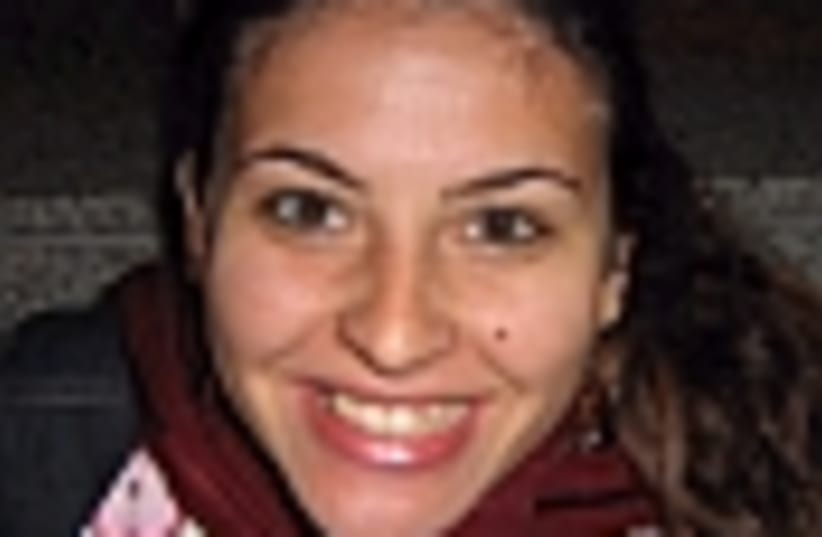| More about: | Istanbul, Interdisciplinary Center, Argentina, Bulgaria |
Remembering Istanbul's synagogue attacks
On the 2nd anniversary of the terror attacks on synagogues in Turkey, Saral Nigri, 20, is moving on with her life.


| More about: | Istanbul, Interdisciplinary Center, Argentina, Bulgaria |